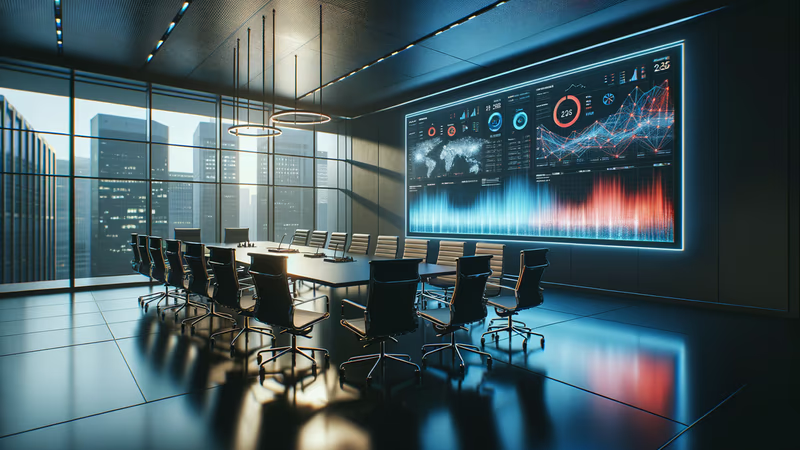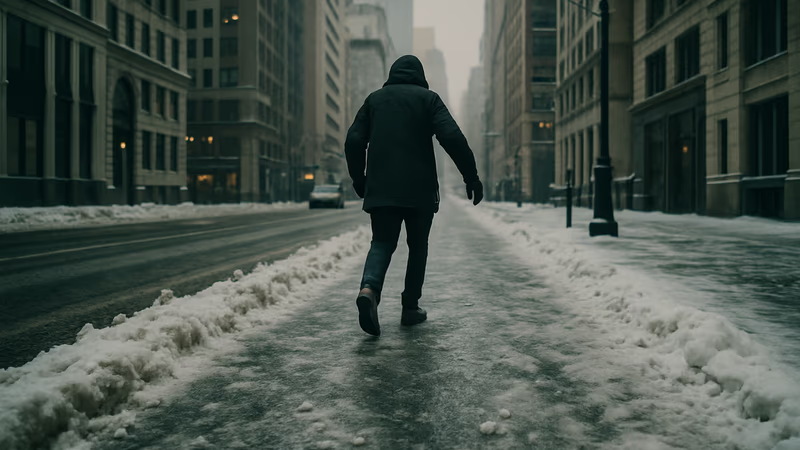Key Takeaway
Premises liability laws establish property owners' responsibility to maintain safe conditions or warn of hazards.
 Introduction
Introduction
Property owners carry significant responsibility for keeping their spaces safe under premises liability laws. These rules determine when someone gets held legally accountable for injuries caused by dangerous conditions on their land or buildings. Whether you own property or suffered harm on someone else’s, grasping these concepts matters. The Law Office of Jason Tenenbaum, P.C. brings nearly two decades of focused experience to these cases, combining deep legal knowledge with practical strategies that deliver real results. Their team’s track record includes landmark rulings that reshape how courts interpret property owner responsibilities.
Breaking Down Premise Liability
At its core, premises liability means property owners must fix hazards or warn visitors about dangers they know exist. This applies to homes, businesses, and public spaces alike. Let’s consider a real scenario: A store manager notices a leaking cooler but doesn’t place warning signs or clean the spill. If a customer slips and breaks their wrist, the store could face liability because they knew about the risk and didn’t act.
Key categories of visitors include:
- Invitees (people invited for business purposes, like store customers)
- Licensees (social guests)
- Trespassers (though protections here vary by state)
Recent shifts in Michigan law now treat condo owners as invitees regarding common areas, expanding legal protections after the pivotal Janini v. London Townhouses decision. This ruling underscores how courts continually refine owner responsibilities.
What Makes a Strong Legal Case?
Four pillars support successful premises liability claims:
- Duty of Care: Did the owner owe the injured person protection? A grocery store clearly owes shoppers safe aisles, while protections for trespassers might only cover obvious dangers like unmarked construction pits.
- Breach of Responsibility: Did the owner ignore the problem? Failing to repair broken stairs for months or not shoveling ice within reasonable timeframes often meets this standard.
- Direct Cause: The hazard must directly cause injury. If someone trips in a store but later claims unrelated back pain, this link gets scrutinized.
- Documented Harm: Medical bills, lost income, and pain/suffering all count. Without proof of loss, even clear negligence might not lead to compensation.
A recent case handled by our firm involved a collapsed porch that injured three tenants. By proving the landlord ignored multiple repair requests, we secured compensation covering medical costs and relocation fees.
How Property Owners Fight Back
Defendants typically use three main arguments:
- Shared Fault: Argues the injured person contributed to their own harm. If someone texts while walking through a clearly marked construction zone, a jury might reduce their payout.
- Known Risks: Ski resorts often use this defense for inherent sport dangers, but it’s less effective against unexpected hazards like poorly maintained equipment.
- Unpredictable Events: Owners might avoid blame for freak accidents, like a healthy tree branch suddenly falling during calm weather.
One memorable case involved a client who fell in a hotel parking lot at night. The hotel claimed our client should’ve noticed the uneven pavement, but security footage showed inadequate lighting – a preventable hazard that strengthened our position.
Navigating the Legal Process
Filing a claim involves multiple phases:
- Case Review: Lawyers examine incident details, witness accounts, and injury documentation. Many firms, including ours, offer free initial consultations.
- Evidence Gathering: Photos of the scene, maintenance records, and safety inspection reports become crucial. In a recent sidewalk collapse case, we subpoenaed city repair logs showing six ignored complaints about the damaged concrete.
- Filing & Negotiations: Most cases settle before trial. We recently resolved a supermarket slip-and-fall case in 11 months through mediation, securing $850,000 for medical bills and lost earnings.
- Trial Preparation: If settlements fail, presenting clear timelines and expert testimony matters. One trial involved an architect explaining how faulty railing design caused a balcony collapse.
Why Legal Experience Matters
Property owners often have insurance teams fighting to minimize payouts. Skilled attorneys level the playing field by:
- Identifying all liable parties (including contractors or equipment manufacturers)
- Consulting engineers and medical experts
- Calculating long-term care costs for severe injuries
- Navigating complex deadlines and filing requirements
Emerging Legal Shifts
Recent trends impact premises liability cases:
- Smart Home Technology: Security camera footage now frequently proves whether owners addressed hazards promptly.
- Climate Considerations: Courts increasingly expect quicker snow removal given advanced weather forecasting tools.
- Short-Term Rentals: A 2023 ruling held Airbnb hosts to hotel-like safety standards after a guest’s poolside injury.
Real-World Victories
While confidentiality rules prevent sharing client details, we can describe case types we regularly handle:
- Retail Injuries: From falling merchandise to slippery floors
- Apartment Hazards: Mold exposure, faulty wiring, broken locks
- Public Space Accidents: Park equipment failures, poorly maintained sidewalks
- Workplace Visitor Injuries: Delivery personnel hurt on business properties
One notable jury award involved a child injured by rotting playground equipment. The city claimed they lacked funds for repairs, but we proved they diverted grant money meant for park upkeep.
Final Thoughts
Premises liability laws exist to push property owners toward proactive safety measures. When they cut corners, the consequences can be life-altering for victims. Document every detail after an incident – take photos, get witness contacts, and seek medical attention immediately. Understanding the basics of premise liability is essential for both property owners and visitors.
Take Action Now
Time limits strictly govern injury claims. In Michigan, you generally have three years from the incident date to file, but exceptions exist for government properties or minors. Don’t let deadlines slip by. You can learn more about these types of cases from the Cornell Law School Legal Information Institute.
The Law Office of Jason Tenenbaum, P.C. offers complimentary case evaluations. We’ll review your situation, explain potential compensation avenues, and outline clear next steps. Our contingency fee structure means you pay nothing unless we recover funds for you. For further reading, consider the resources provided by the American Bar Association.
Reach out today at 516-750-0595 or visit jtnylaw.com to schedule your risk-free consultation. Let our experience guide you through this challenging time.
This article provides general information and does not constitute legal advice. Case results depend on specific facts and legal circumstances. Consult an attorney for advice about your situation.
For more information on Premises Liability, check out our video below:
Common Questions
Frequently Asked Questions
How long do I have to file a personal injury claim in New York?
In New York, the statute of limitations for most personal injury claims is three years from the date of the accident. However, medical malpractice claims must be filed within two and a half years. It's crucial to consult with an attorney as soon as possible to protect your rights.
What damages can I recover in a personal injury case?
In New York personal injury cases, you may recover economic damages (medical expenses, lost wages, property damage) and non-economic damages (pain and suffering, emotional distress). The specific damages depend on the severity of your injuries and their impact on your life.



